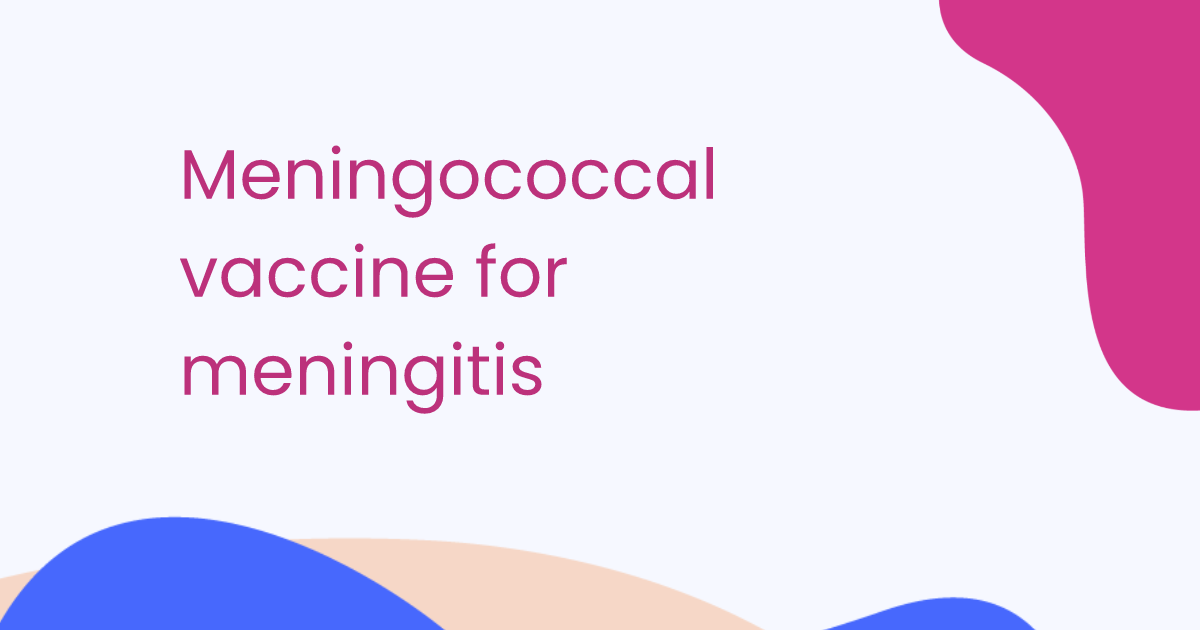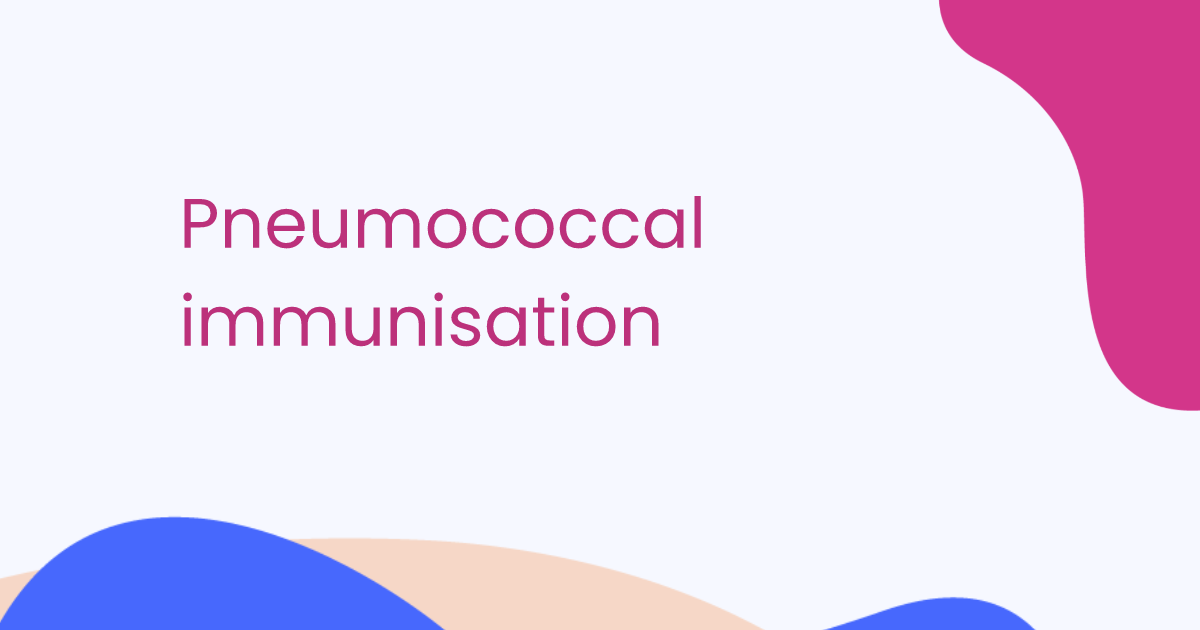HPV vaccine
Human papillomavirus immunisation
Peer reviewed by Dr Krishna Vakharia, MRCGPLast updated by Dr Colin Tidy, MRCGPLast updated 19 May 2023
Meets Patient’s editorial guidelines
- DownloadDownload
- Share
- Language
- Discussion
In this series:Immunisation6-in-1 vaccinePneumococcal immunisationMMR vaccinationTetanus and the tetanus vaccinePolio and polio vaccine
Human papillomavirus (HPV) is a tiny germ that almost everyone gets at some point in their life. Usually it is fairly harmless, but infection with some types of HPV can cause cancer of the neck of the womb (cervix), anus and penis. These cancers take many years to develop after the infection with HPV. Genital warts are also caused by HPV.
The HPV vaccine should dramatically reduce cervical, anal and penis cancer cases in the future and lead to fewer cases of genital warts. It may also reduce other cancers thought to be sometimes due to HPV.
HPV vaccines were introduced in the UK for girls in 2008 and for boys in 2018. Men who have sex with men (MSM) can also access the HPV vaccine until the age of 45. Women are still advised to attend for cervical screening tests, even if they have been immunised against HPV.
In this article:
Continue reading below
What is the HPV vaccine?
The HPV vaccine prevents you from getting HPV. It is now offered to both boys and girls, and to MSM, as part of the NHS vaccination programme.
The HPV vaccine used for the NHS HPV immunisation programme is called Gardasil® or GARDASIL® 9 and you only need two injections of it (three if you have your first dose over the age of 15). It is really effective, stopping 99% of HPV infections.
There are many different strains or types of HPV. Two - 16 and 18 - are responsible for about 70% of cervical cancers. Two others - 6 and 11 - account for over 90% of cases of genital warts. GARDASIL® 9 protects against HPV infection with the same four HPV types (6, 11, 16, 18) as Gardasil®. However, it also protects against five additional HPV types (31, 33, 45, 52, 58).
During the 2021-22 school year, the vaccine given will change from Gardasil® to GARDASIL® 9.
How effective is the HPV vaccine?
Back to contentsA 2021 study looked at rates of cervical cancer before and since the introduction of the HPV immunisation programme. It showed that among women vaccinated at the age of 12-13, rates of cervical cancer were reduced almost tenfold, with 87% lower rates.
Among women vaccinated at age 16-18, rates were 34% lower compared to women who had not been vaccinated.
Continue reading below
How many doses are there in the HPV vaccine?
Back to contentsThe HPV vaccine works in two doses for most people, though in some circumstances three may be required.
The first dose is in year 8 at school (school year 9 in Northern Ireland and S1 in Scotland), at age 12-13.
The second is done between 6 and 24 months later.
If you miss the first dose at age 12, you can get it at any age until 25, or until 45 for MSM.
If you are over 15 when you have the first dose, or have a weakened immune system, you will need three doses instead of two. You have one, then a second one a month later, and a third five months after that.
At what age do I get the HPV vaccine?
Back to contentsThrough the school vaccination programme, the first dose is given at age 12-13 and the second dose 6-12 months later.
If you miss this vaccination, you can access the vaccine through your school or through your GP up to the age of 25 years.
MSM can have the vaccine through an NHS sexual health or HIV clinic at any time up to 45 years of age.
Continue reading below
What are the side-effects of the HPV vaccine?
Back to contentsLike any injection, it is a bit painful and will be sore at the injection site for a few days.
Very rarely, some people may have an allergic reaction (anaphylaxis) to the HPV vaccine, which the healthcare professional administering the vaccine will be fully trained to deal with.
In the overwhelming majority of cases, there are barely any serious side-effects.
Does the HPV vaccine offer benefits if you're already sexually active?
Back to contentsIt's still worth getting it done if you are under the age of 25, as long as you were invited through the NHS but missed your vaccine.
Do condoms prevent you from catching HPV?
Back to contentsCondoms are generally a really good idea, because they prevent you catching sexually transmitted infections like chlamydia and HIV.
Condoms don't prevent you catching HPV though, because you can catch HPV from close sexual contact without necessarily having sexual activity.
Do lesbian women still need the HPV vaccine?
Back to contentsYes! The HPV infection has been found in women who have sex with women: they still benefit from the vaccination.
Do gay men still need the HPV vaccine?
Back to contentsAbsolutely. Men who have sex with men (MSM) are at higher risk of anal cancer, and the number of men being diagnosed with anal cancer is increasing.
I thought the HPV vaccine was three doses, not two?
Back to contentsScientists realised that two doses were just as good as three. So from September 2014 they started giving people just two injections. That's why you might know older girls who had three doses, but you're only getting two.
Is it just the UK that gives the HPV vaccine?
Back to contentsNo. It's also given routinely to boys and girls in the USA, Australia, Canada and most of Europe. In fact, around 80 million people get vaccinated every year.
If I've had the HPV vaccine can I still get cervical cancer?
Back to contentsThe chances of you getting cervical cancer are much lower, but you can still get it: 30% of cervical cancers aren't related to the types of HPV you'll be vaccinated against.
You should still have cervical smears, which check for the warning signs of cervical cancer.
If I've had the HPV vaccine can I still get anal cancer?
Back to contentsAs with cervical cancer, HPV vaccination will greatly reduce your risk of getting anal cancer. However, it doesn't offer complete protection, so you should still be aware of the symptoms and get them checked out if you do develop them.
Can HPV cause cancer?
Back to contentsScientists began to realise that people with some types of cancer were more likely to have an HPV infection. They noticed this particularly with cervical cancer, vulval cancer, anal cancer, oropharyngeal cancer and penile cancer.
Eventually scientists made the link: in some people, HPV isn't harmless ... it can cause cancer.
Does everyone infected with human papillomavirus get cancer?
Thankfully not. Only about 1 in 500 people infected with HPV go on to get cancer. But because we're talking about millions of people with HPV, it leads to thousands of cancers.
Why is there so much attention on cervical cancer?
Cervical cancer is the most common of the cancers that are caused by HPV. The others are all quite rare. But cervical cancer is the most common cancer in women aged under 35: there are about 3,000 new cases per year in the UK and sadly about 900 women die from it too (often older women who haven't benefited from the vaccine).
It is estimated that HPV causes 70% of cervical cancer, so if we can prevent young women getting HPV in the first place it should reduce their chances of getting cervical cancer.
How does HPV affect men?
Back to contentsIn men, HPV infection can lead to anal cancer, oropharyngeal cancer and penile cancer. Although these cancers aren't as common as cervical cancer, they still affect hundreds of men a year in the UK. Preventing men from getting HPV should dramatically reduce the risk of these cancers.
The risk of HPV-related cancer is higher among men who have sex with men (MSM). For this reason, along with a national HPV vaccination programme for 12- to 13-year-olds, there is another national programme for MSM.
You can access HPV immunisation, if you have not been immunised:
From sexual health or HIV clinics.
If you are aged 45 or under.
If you are MSM (assigned male at birth); or
If you are a trans man (assigned female at birth).
Trans women (women who were assigned male at birth) are also eligible for HPV immunisation on the NHS if their risk of catching HPV is similar to the risk of MSM who are eligible for the vaccine.
Patient picks for Vaccinations

Infections
Meningococcal vaccine for meningitis
Meningitis is a serious disease which can be fatal, particularly for babies and children. Vaccination against the key germs (bacteria) which cause meningitis can be life-saving.
by Dr Toni Hazell, MRCGP

Infections
Pneumococcal immunisation
Pneumococcus can cause diseases such as pneumonia, meningitis and blood infections. Children aged under 2 years should receive the vaccine. You should consider pneumococcal immunisation if you are aged over 65 years or have certain diseases of the lung, heart, kidney, liver and nervous system. Pneumonia vaccine side-effects are mild, and many people do not get any side-effects at all.
by Dr Doug McKechnie, MRCGP
Further reading and references
- Cervical cancer - UK mortality statistics; Cancer Research UK
- NHS complete routine immunisation schedule; GOV.UK
- HPV vaccination guide (easy to read leaflet as PDF on HPV vaccination); Public Health England
- Joint Committee on Vaccination and Immunisation (JCVI) Statement on HPV vaccination in boys 2018
- Joint Committee on Vaccination and Immunisation (JCVI) interim statement on extending HPV vaccination to adolescent boys 2017
- Changes to the vaccine of the HPV immunisation programme: Letter; NHS England and NHS Improvement Director of Public Health Commissioning and Operations and Public Health England, Head of Immunisation; GOV.UK, July 2021
- Falcaro M et al. The effects of the national HPV vaccination programme in England, UK, on cervical cancer and grade 3 cervical intraepithelial neoplasia incidence: a register-based observational study. Lancet 2021 Nov; https://doi.org/10.1016/S0140-6736(21)02178-4
Continue reading below
Article history
The information on this page is written and peer reviewed by qualified clinicians.
Next review due: 12 May 2028
19 May 2023 | Latest version

Ask, share, connect.
Browse discussions, ask questions, and share experiences across hundreds of health topics.

Feeling unwell?
Assess your symptoms online for free
Sign up to the Patient newsletter
Your weekly dose of clear, trustworthy health advice - written to help you feel informed, confident and in control.
By subscribing you accept our Privacy Policy. You can unsubscribe at any time. We never sell your data.